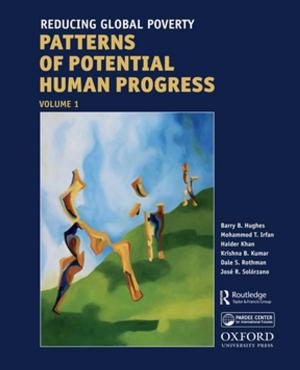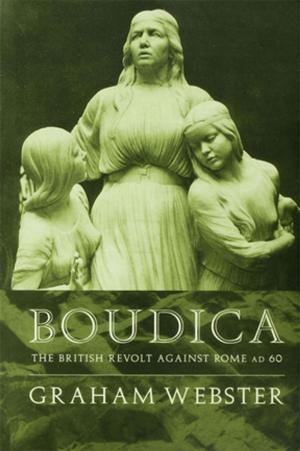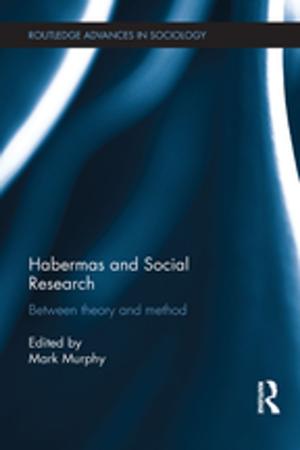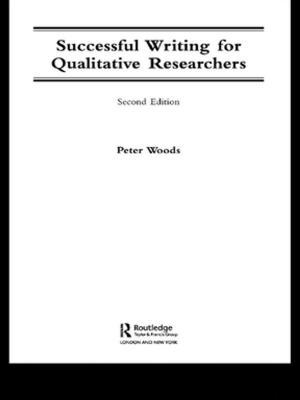Presidential Power and Accountability
Toward a Presidential Accountability System
Nonfiction, Social & Cultural Studies, Political Science| Author: | Bruce Buchanan | ISBN: | 9781136278334 |
| Publisher: | Taylor and Francis | Publication: | August 21, 2012 |
| Imprint: | Routledge | Language: | English |
| Author: | Bruce Buchanan |
| ISBN: | 9781136278334 |
| Publisher: | Taylor and Francis |
| Publication: | August 21, 2012 |
| Imprint: | Routledge |
| Language: | English |
Many analysts now believe that the growth of presidential war power relative to Congress is irreversible. This book was written to contest that view. Its purpose is to identify what would be required to restore presidential war power to constitutional specifications while leaving the president powerful enough to do what is truly necessary in the face of any emergency. Buchanan focuses mainly on diagnosing the origins of the problem and devising practical ways to work toward restoration of the constitutional balance of power between Congress and the president.
The work begins by showing the lack of clear, widely shared standards whose enforcement is needed to sustain the balance of power and draws on the thinking of the founders and political theorists to crystallize such standards. Next it details how, in the absence of standards, agents such as Congress and the Supreme Court with formal influence on presidents and informal agents such as media and public opinion have unwittingly enabled unnecessary power expansion, such as the presidential 'wars of choice'.
Of course change of this magnitude cannot be expected to happen quickly. Remedies necessarily involve a reform architecture intended to unfold gradually, with the first step being simply to start a focused conversation (another purpose of this book). Buchanan moves toward specific remedies by identifying the structure and strategy for a new think tank designed to nudge the political system toward the kind of change the book recommends. Lastly, the book shows how a fictional policy trial could take a practical step toward in rebalancing the war power.
This is a crucial examination of presidential power and the U.S. separation of powers system, with a focused effort on making a course correction toward the kind of power sharing envisioned in the Constitution.
Many analysts now believe that the growth of presidential war power relative to Congress is irreversible. This book was written to contest that view. Its purpose is to identify what would be required to restore presidential war power to constitutional specifications while leaving the president powerful enough to do what is truly necessary in the face of any emergency. Buchanan focuses mainly on diagnosing the origins of the problem and devising practical ways to work toward restoration of the constitutional balance of power between Congress and the president.
The work begins by showing the lack of clear, widely shared standards whose enforcement is needed to sustain the balance of power and draws on the thinking of the founders and political theorists to crystallize such standards. Next it details how, in the absence of standards, agents such as Congress and the Supreme Court with formal influence on presidents and informal agents such as media and public opinion have unwittingly enabled unnecessary power expansion, such as the presidential 'wars of choice'.
Of course change of this magnitude cannot be expected to happen quickly. Remedies necessarily involve a reform architecture intended to unfold gradually, with the first step being simply to start a focused conversation (another purpose of this book). Buchanan moves toward specific remedies by identifying the structure and strategy for a new think tank designed to nudge the political system toward the kind of change the book recommends. Lastly, the book shows how a fictional policy trial could take a practical step toward in rebalancing the war power.
This is a crucial examination of presidential power and the U.S. separation of powers system, with a focused effort on making a course correction toward the kind of power sharing envisioned in the Constitution.















